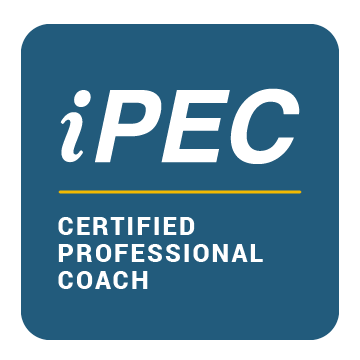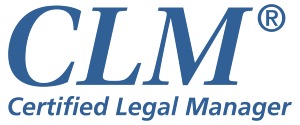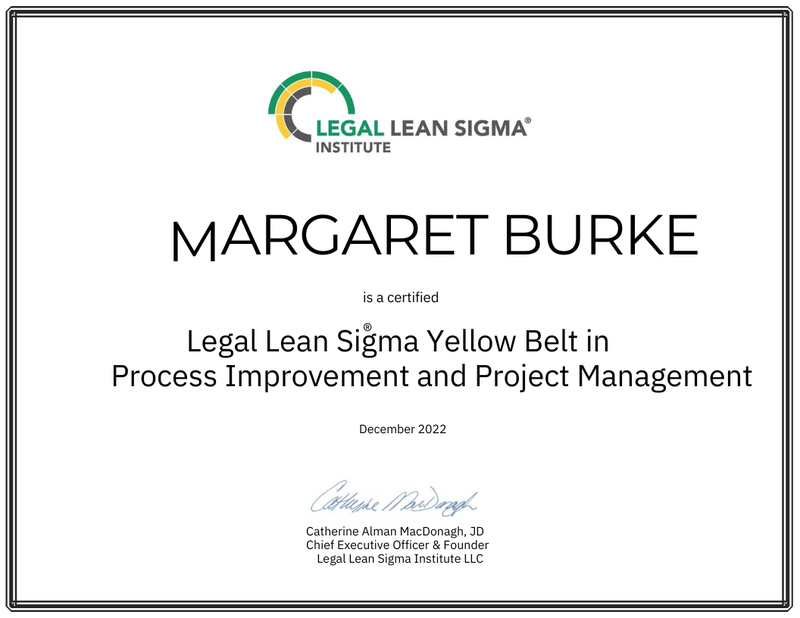Three networking efforts you can apply to leverage your connections and professional growth.By: Margaret Burke MB Law Firm Consulting, LLC In today's professional landscape, networking has become a powerful strategy to open the door to unique opportunities. These opportunities include acquiring new knowledge and skills, gaining fresh perspectives, and nurturing professional connections. In essence, networking is both enriching and empowering, equipping us with invaluable resources for success. Drawing from my experience as a law firm consultant, I've seen firsthand how networking can develop professional and business careers by building quality and trustable relationships. While this seems easy, it requires a strategy, organization, and consistent execution. With this in mind, MB Law Firm Consulting offers three actionable examples of networking efforts you can implement today to bolster your professional growth: 1. Embrace technology and utilize social networks. Networking methods have evolved drastically with technological advancements and the rise of social media platforms. With just a click, we now have access to tools that can help us achieve our professional and business objectives. LinkedIn is a prime example of a social networking platform dedicated to fostering professional connections. With over 200 million users in the United States alone and a staggering 900 million users worldwide as of LinkedIn 2023 Statistics & Data Trends, it's clear that this platform offers immense potential for networking. As the leading country in LinkedIn usage, followed by India with 101 million users, there's no better time to capitalize on this platform's ability to connect professionals with one another. Additionally, consider engaging with podcasts. In addition to exposure to specialists and influencers, some podcasts host events, webinars, or meetups, where guests and listeners can network with each other and collaborate about the podcast episodes further. Embracing podcasts can provide valuable networking opportunities and allow you to connect with like-minded individuals who share your interests. Through digital networking, you can cultivate client relationships, establish partnerships, access educational resources such as webinars, and much more. The opportunities are endless.
2. Conferences and round tables. Engaging in workshops, roundtable discussions, or breakout sessions is a good option to target specific areas of interest or expertise. These smaller group settings provide opportunities for more intimate networking and deeper conversations. Conferences are also explicitly targeted; they offer a focused environment and provide structured events and informal chances for interaction, access to industry leaders, and a platform to showcase expertise. These types of events provide spaces to come together, exchange ideas, and share experiences. 3. Don't forget the basics. In the pursuit of digital networking, don't overlook the power of face-to-face interactions. Inviting colleagues, mentors, or contacts for coffee meetings or lunches provides an informal setting to deepen relationships, discuss industry trends, and explore potential collaborations or opportunities. Plus, you will have a good time. More impactful networking opportunities are available now than ever before. Choose the ones that fit your personality, professional goals, and available time. To succeed and build meaningful relationships, get involved as much as possible and be consistent. Networking is one of the most successful strategies for growing professionally. In the comments, let us know about other tools or types of networking that you have implemented successfully.
0 Comments
You might start by categorizing tasks based on urgency and importance, using tools like the Eisenhower Box to visually sort your to-dos. Focus first on what truly moves the needle so high-priority cases and clients receive the attention they deserve. Batch Similar TasksThe human brain loves efficiency. By batching similar tasks, you reduce your mental load and the time you lose switching between different types of work. For instance, allot specific times for client calls, case research, and emails to streamline your workflow and free up stretches for uninterrupted work. Embrace TechnologyThese days, technology is the last word in time management. Aside from general time management apps, legal-specific software is available for case management, document automation, and client communication. Tools like Clio or MyCase can help you keep track of deadlines, manage documents, and communicate with clients. Investing in these tools pays dividends in efficiency and accuracy. Delegate WiselyYou’re not alone; every law firm has people in place to assist, and delegating tasks can significantly free up your schedule. Identify responsibilities that don't necessarily require your expertise and assign them to executive assistants, paralegals, or junior lawyers. Doing so not only frees you for high-value work; it also builds your team’s skills and confidence. Set Realistic DeadlinesOvercommitment is time management’s nemesis and worry’s best friend. Set realistic deadlines for yourself, your team, and your clients, and communicate those clearly to manage expectations and reduce stress. When estimating timelines, build in a buffer to account for potential delays or unforeseen issues—accounting for these challenges ensures you’ll deliver quality work on time. Take Care of YourselfEffective time management isn't just about work. It’s important to incorporate breaks, exercise, and hobbies into your routine as well to recharge your batteries, spark creativity, and actually improve productivity. Besides, a healthy work-life balance is pivotal to prevent burnout in any profession.
Mastering time management in your practice means maximizing the time you have so you can give your clients the best possible service while also enjoying your professional journey. |
AuthorMargaret Burke is the President and Founder of MB Law Firm Consulting. She specializes in managing operations, finance, HR, IT, and business development to improve law firm operations, streamline processes and scale revenue. She has advised and led acquisitions, relocations, succession planning, restructuring and start-ups. Archives
July 2024
Categories |
|
617-702-0LAW (0529)
|
26 Summer Street, Suite 9
Marblehead, MA USA 01945 |



 RSS Feed
RSS Feed

















